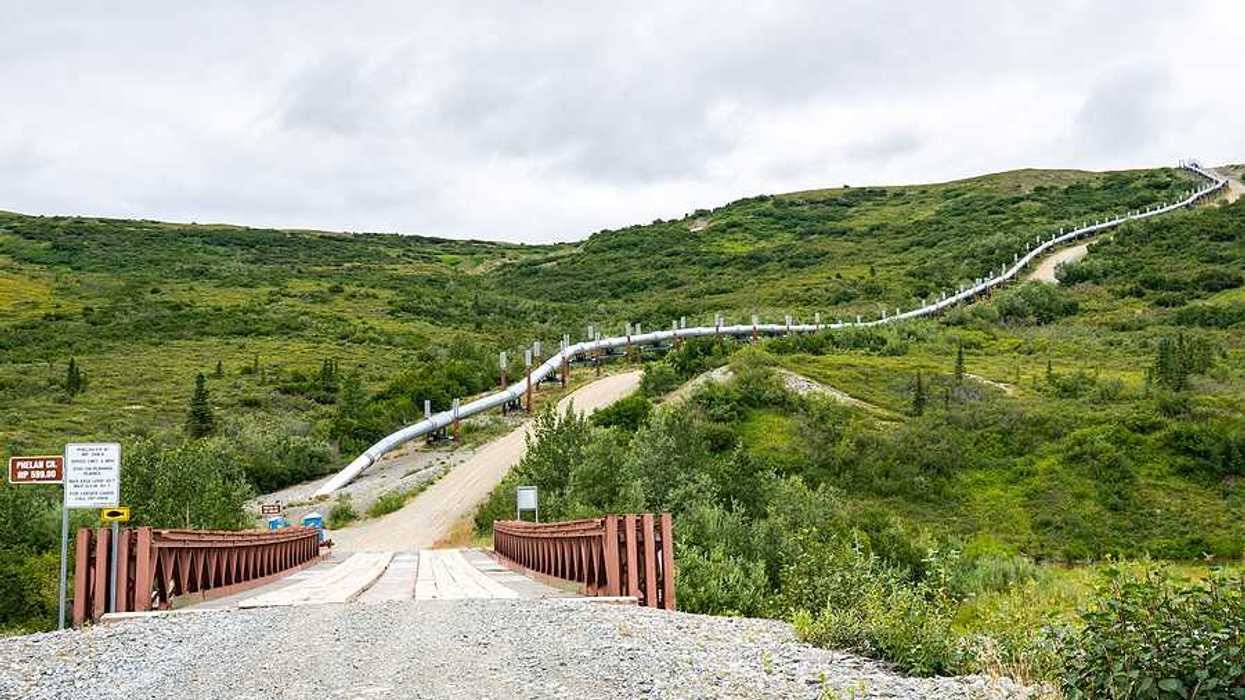A new study found that most state-level food waste bans have been ineffective, with Massachusetts as the exception due to its composting infrastructure and enforcement.
Anna Phillips reports for The Washington Post.
In short:
- Massachusetts successfully reduced food waste by 7.3% from 2014-2018, while bans in other states like California and Rhode Island failed.
- Factors behind Massachusetts' success include robust composting facilities, clear laws and active enforcement.
- Other states struggle with noncompliance and lack the infrastructure needed to divert food from landfills.
Key quote:
“What was surprising to us is, despite the political support for these bans, and their importance, they seem to not be working as policymakers would have expected — and as they would have hoped.”
— Fiorentia Zoi Anglou, study co-author and PhD candidate at the McCombs School of Business at the University of Texas at Austin
Why this matters:
Food waste contributes to methane emissions, a potent greenhouse gas. States that invest in enforcement and infrastructure, like Massachusetts, show it’s possible to reduce landfill waste and emissions effectively.
Related EHN coverage:














